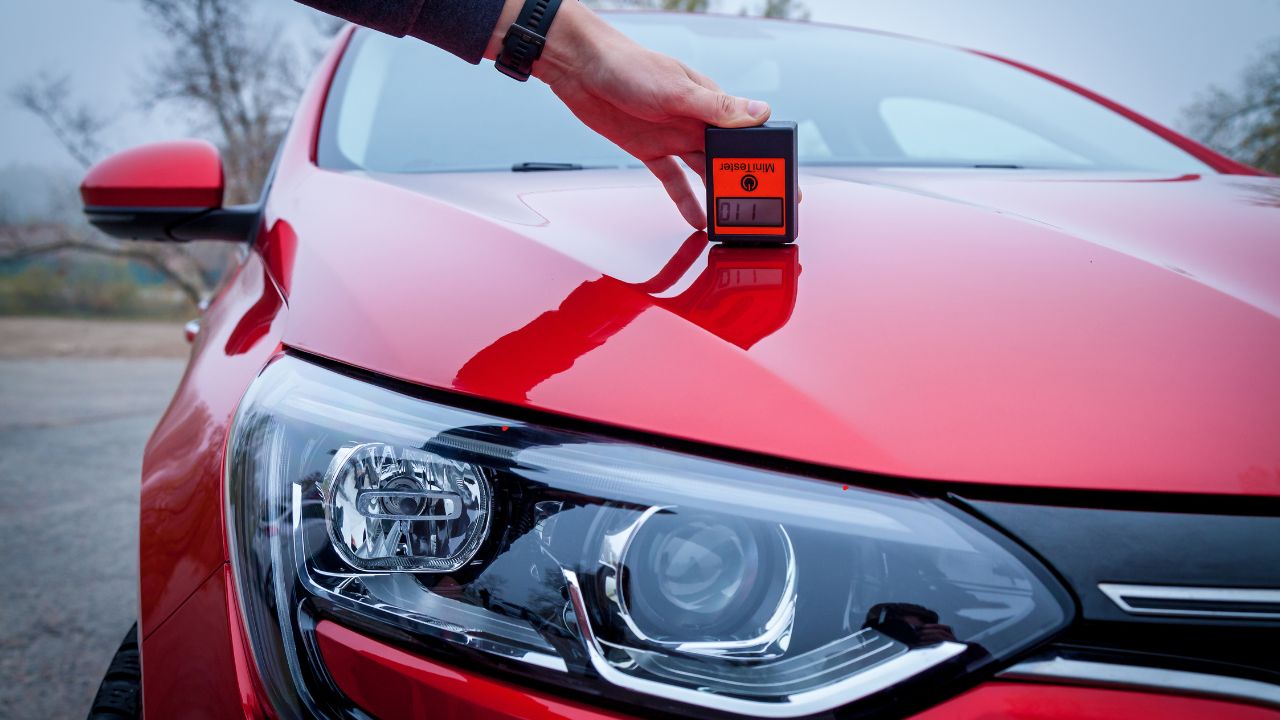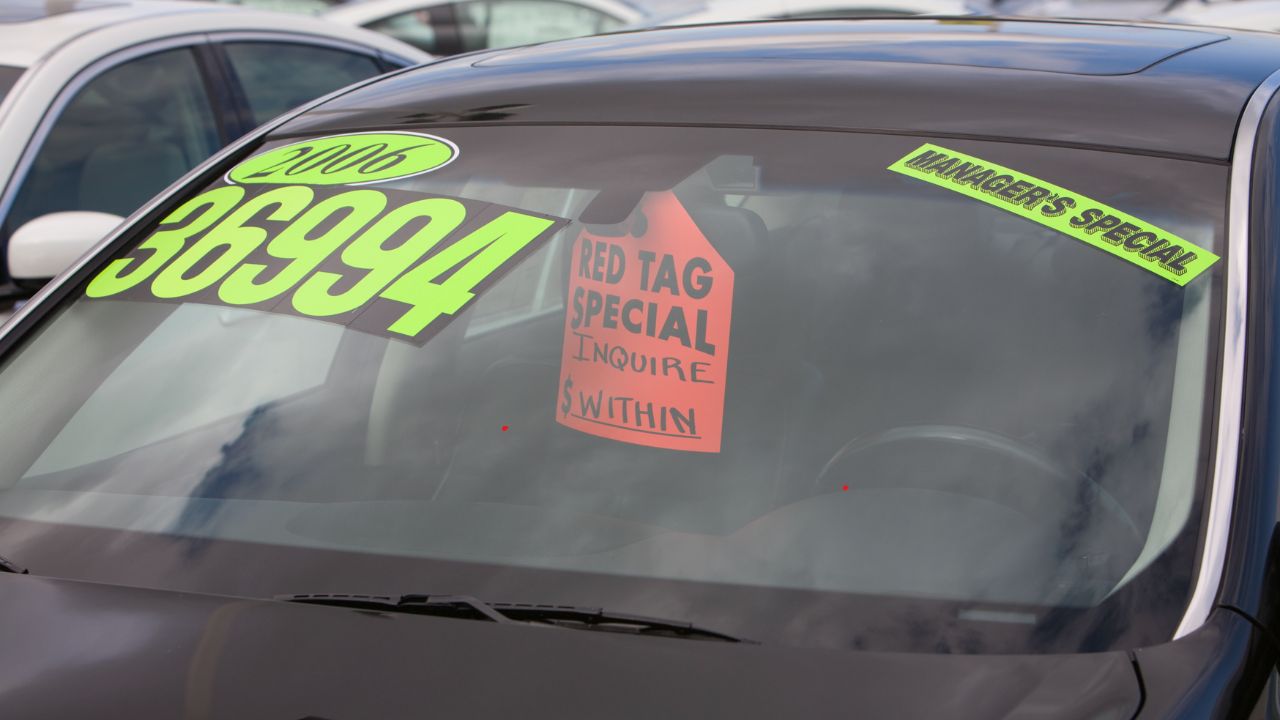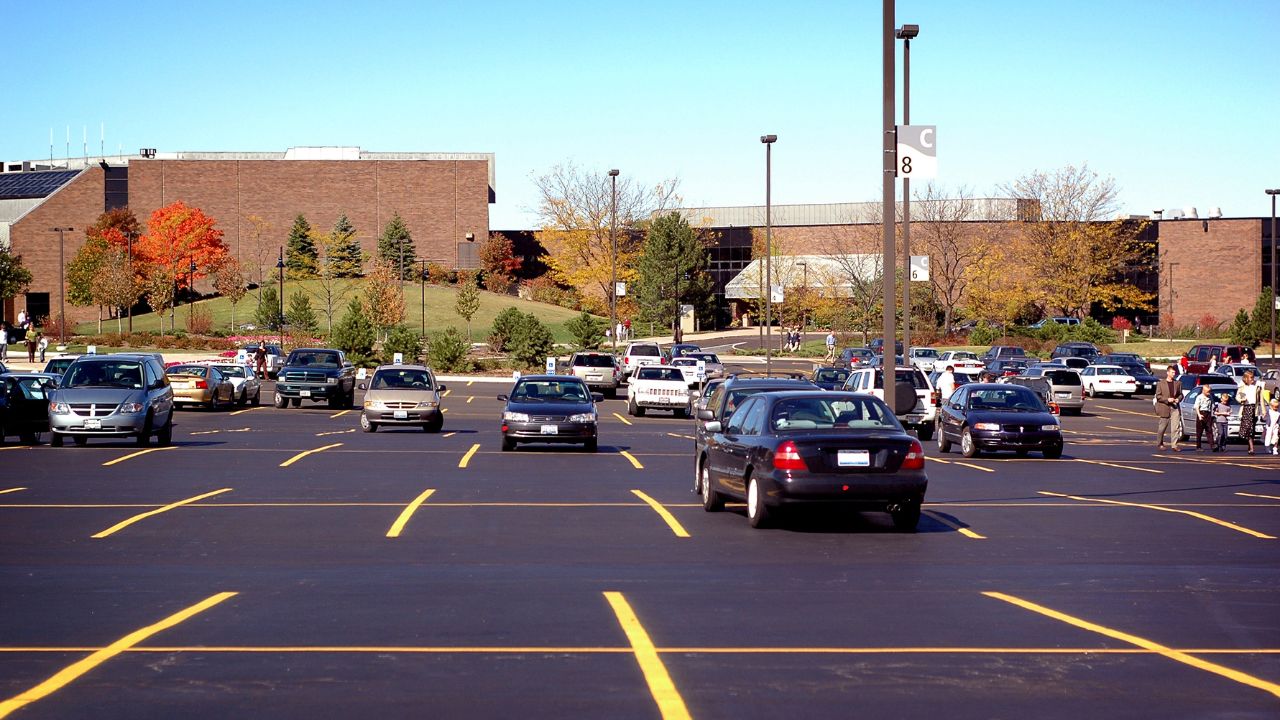Buying a used car can be a smart and economical decision, but it also comes with risks, especially if you’re not careful. Scams are unfortunately common in the used car market, and Arizona is no exception. However, with the right knowledge and tools, you can protect yourself from fraud and ensure a smooth transaction. This article provides essential tips on how to avoid scams when buying a used car in Arizona, helping you make a safe and informed purchase.

Research the Vehicle’s History
Before you even set foot on a dealer’s lot or meet with a private seller, do your homework. A thorough background check on the car’s history can reveal critical information, such as past accidents, ownership history, and whether the car has been salvaged or declared a total loss. One of the most effective ways to do this is by using a license plate lookup in Arizona. This tool can give you a comprehensive report on the vehicle’s history, allowing you to make an informed decision before proceeding with the purchase.
Verify the Vehicle Identification Number (VIN)
The VIN is a unique code that every vehicle is assigned at the time of manufacture. It provides crucial information about the car, including its make, model, and year of production. Scammers often alter or remove the VIN to hide the car’s history or to pass off a stolen vehicle as legitimate. Before buying a used car, ensure that the VIN on the car matches the one on the title and registration. You can use a license plate to VIN lookup to cross-check this information. If the numbers don’t match, it’s a major red flag, and you should walk away from the deal.
Beware of Deals That Seem Too Good to Be True
If a deal seems too good to be true, it probably is. Scammers often lure unsuspecting buyers with prices that are significantly lower than market value. While it’s natural to want to get a good deal, be wary of any seller who offers a price that’s well below the average for similar cars in the area. Always compare prices using reputable sources and avoid making hasty decisions based on the lure of a bargain.

Insist on a Mechanic’s Inspection
Even if the car looks perfect on the outside, there could be hidden issues under the hood. A common scam involves selling vehicles with significant mechanical problems that have been temporarily patched up to appear in good condition. To avoid this, always insist on having the car inspected by a trusted mechanic before finalizing the purchase. A professional inspection can reveal potential problems that aren’t visible to the untrained eye, saving you from costly repairs down the road.
Check for Odometer Fraud
Odometer fraud is another common scam in the used car market. This involves tampering with the car’s odometer to show fewer miles than the vehicle has actually traveled, thereby inflating its value. To check for odometer fraud, compare the mileage on the odometer with the mileage listed on the vehicle’s maintenance records. If the numbers don’t add up, it’s a sign that the odometer may have been tampered with. Additionally, using the vehicle’s history report can provide insight into the car’s true mileage.
Avoid Wire Transfers and Untraceable Payments
Scammers often ask for payment via wire transfer or other untraceable methods, which makes it nearly impossible to recover your money if something goes wrong. To protect yourself, always use secure and traceable payment methods, such as a cashier’s check or a reputable online payment service. Never pay the full amount upfront before receiving the vehicle and verifying that everything is in order.
Meet in a Safe Location
When meeting with a private seller, always choose a public and well-lit location, such as a busy parking lot or a police station. This reduces the risk of theft or other criminal activities. Avoid meeting at secluded locations, especially if the seller insists on it. If possible, bring a friend or family member with you for added safety.

Verify the Seller’s Identity
Whether you’re buying from a dealer or a private seller, it’s important to verify the seller’s identity. Ask to see the seller’s ID and match it with the name on the vehicle’s title and registration. Be wary of sellers who refuse to provide identification or who seem evasive when asked for details. A legitimate seller should have no problem providing this information.
Trust Your Instincts
Finally, trust your instincts. If something doesn’t feel right, it’s okay to walk away. Scammers often rely on pressure tactics, making you feel like you need to make a decision quickly. Don’t let anyone rush you into buying a car. Take your time to review all the information and make sure you’re comfortable with the transaction before proceeding.
Conclusion
Buying a used car in Arizona doesn’t have to be a stressful experience. By taking these precautions, you can protect yourself from scams and ensure a safe and secure purchase. Remember to use tools like a license plate lookup Arizona and license plate to VIN checks to verify the vehicle’s history and authenticity. Always trust your instincts and don’t be afraid to walk away if something doesn’t seem right. With the right approach, you can find a reliable used car that fits your needs without falling victim to fraud.
By following these guidelines, you’ll be well-equipped to navigate the used car market in Arizona with confidence and peace of mind.